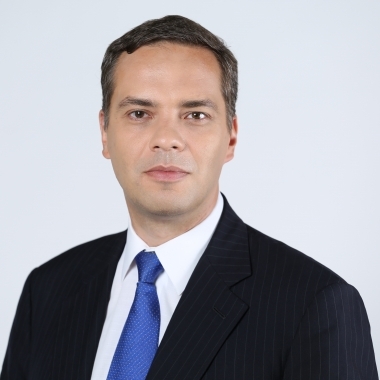Putin’s referendum: what next?
06 July 2020
Despite the triumphant mood of Russian officials and state media about the recent constitutional ‘referendum’ results, no one in Russian civil society seems genuinely impressed. The consequences of the vote for Putin’s future may be drastically different from what he expected.
A few things are important to understand. Primarily, this was not a ‘referendum’, but rather an opinion poll with fairly relaxed rules and a near-complete absence of independent supervision over voting and vote counting. It was exempt from the standard rules of holding elections regulated by the law, and was instead regulated by a vague instruction of the Central Elections Commission. This body had strictly limited observers to those de facto appointed by the authorities, banned media from being present at the vote count, and allowed very relaxed rules for casting ballots (voting from home, voting electronically, even voting in public parks, shopping malls, etc). The vote was held over 7 days, with no real control over possible tampering with the ballots during that period. A pocketful of irregularities are explained in detail by the independent NGO Golos, who concluded that this ‘vote’ cannot be taken seriously by any reasonable standard.
Despite the fact that Putin wants to portray this ‘vote’ as his personal triumph, authorities and state media have deliberately hidden its real purpose from the people. As Golos correctly stated, most ‘information materials’ concentrated on the populist amendments to the Constitution (pensions, wages, animal rights protection, etc.), which only constitute about 10% of the total amendments. Major changes to the system of power – including the extension of Putin’s possible term of office to 2036 – were barely mentioned at all. There are recorded cases of exit poll interviews with voters who voted in favour of the amendments, yet had no idea that Putin’s term extension was included in the package (videos like that are widely available online, like this one).
It is in fact a very open question what Russians really voted for. Public opinion on the most important amendment, the extension of Putin’s term in office, is sharply split, unlike opinion on the populist amendments which are largely supported. But the real purpose of the vote, as mentioned above, was carefully hidden.
Then comes the fraud. Sergey Shpilkin, a renowned electoral mathematician who has carefully analysed all Russian elections for well over a decade by examining voting results anomalies, concludes that about half of the ‘yes’ votes were rigged. This was especially easy to pull off this time due to the relaxed rules of the ‘referendum’.
The hard reality for Putin is that the public is aware of this. No one was convinced by the results announced, since everybody saw how the fraud took place, and pressure on state-affiliated employees and their relatives to vote ‘yes’ was truly enormous this time. One thing that was visibly lacking in Russia during the days of the vote was enthusiasm to support Vladimir Putin – one can hardly find even a few drops of it in the ocean of voting fraud and compulsion.
And yet, despite all this, 21% of Russians according to official results, and 35% according to estimates of real voting by Mr. Shpilkin, have voted ‘No’. That is deeply disturbing news for Putin, who, in previous years, had tried to dwell on the assumption that his opponents in society are measured in single-digit percentage points.
What next? Record low support for Putin and continuing negative trends give the opposition strong tailwinds in the upcoming political battles. In the forthcoming ‘real’ elections regulated by election law – such as the regional elections of this September and upcoming State Duma elections in 2021 – Putin will face an uphill battle of a magnitude which he probably never experienced before. In hindsight, the Moscow municipal ballot and ensuing protests of 2019 will look like a light rehearsal compared to this.
Putin also understands this. In response, he keeps modifying electoral rules, making it harder for independent candidates to get registered, and is considering applying the recently tested 7-day voting period to all future elections (which makes it effectively impossible to safeguard ballot boxes from fraud). But the opposition is now much more skilled to bypass novel obstacles, and, more importantly, we now have stronger backing from civil society than ever before. For starters, the Navalny Live YouTube channel now enjoys around 10 million unique viewers a month, making it a truly strong competitor to state propaganda (whose viewership numbers are fading). We have been tested through repression and intimidation and can withstand it.
Difficult times lie ahead, and Putin’s romance with Russia is over. He completely failed to revive it with a totally fraudulent and unconvincing ‘constitutional vote’.
ENJOYING THIS CONTENT
